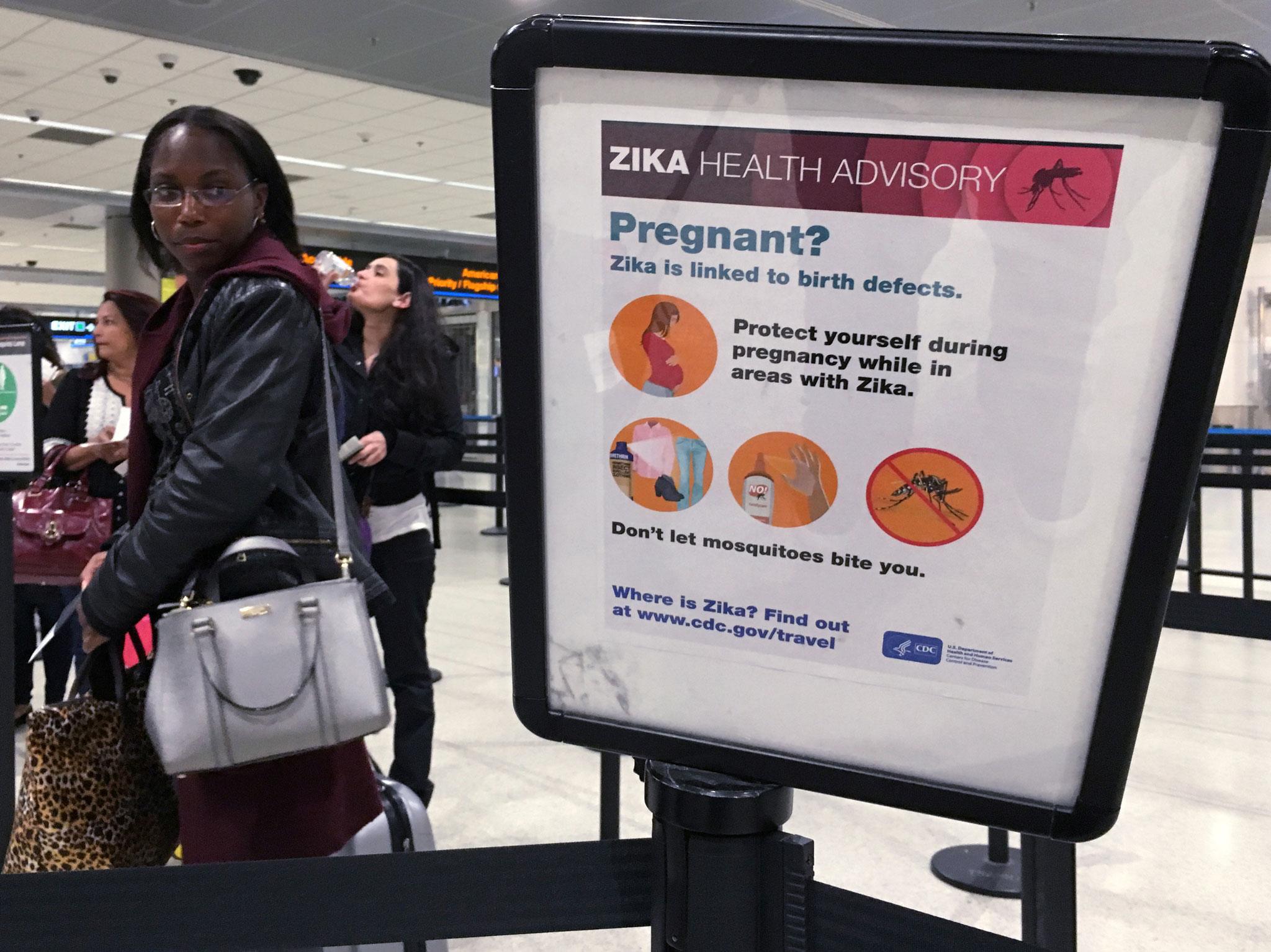Zika virus: Several patients in Northern Ireland diagnosed with mosquito-borne disease
The virus causes mild symptoms in most cases but is linked to birth defects

Your support helps us to tell the story
From reproductive rights to climate change to Big Tech, The Independent is on the ground when the story is developing. Whether it's investigating the financials of Elon Musk's pro-Trump PAC or producing our latest documentary, 'The A Word', which shines a light on the American women fighting for reproductive rights, we know how important it is to parse out the facts from the messaging.
At such a critical moment in US history, we need reporters on the ground. Your donation allows us to keep sending journalists to speak to both sides of the story.
The Independent is trusted by Americans across the entire political spectrum. And unlike many other quality news outlets, we choose not to lock Americans out of our reporting and analysis with paywalls. We believe quality journalism should be available to everyone, paid for by those who can afford it.
Your support makes all the difference.Several patients in Northern Ireland have been diagnosed with the Zika virus as the battle to stop the global spread of the mosquito-borne disease continues.
A spokesperson for the Public Health Agency (PHA) told The Independent fewer than five cases had been confirmed since 2015, with some being historic.
“All have a history of travel to Zika-affected areas,” she added. “There is no specific treatment for Zika virus disease other than supportive measures, such as analgesics and hydration, for those who have symptoms and patients affected are advised to rest and drink plenty of fluids.”
Several English and Scottish people have also been diagnosed with the virus, which causes mild symptoms including a rash, fever and headache in most cases.
Zika does not occur naturally in the UK but can be “imported” by people who have travelled abroad to countries where transmission is active.
The disease has been declared a global public health emergency by the World Health Organisation after it was linked to birth defects.
Previously regarded as localised and relatively harmless, a massive outbreak that started last year in Brazil (see the chart below) brought the illness sharply into focus because of emerging links to microcephaly – a congenital disorder that can shrink unborn babies’ brains and heads and reduce life expectancy.
There is no known cure or vaccine for the virus, which the was believed to be exclusively spread by mosquitos until tests confirmed it can also be transmitted through sexual contact.
Zika has spread quickly since April, with millions of cases forecast this year in South America alone and patients reported in dozens of countries including th US, Philippines and Malaysia.
The outbreak has prompted a series of travel alerts for pregnant women visiting areas of transmission, with expectant mothers urged to protect themselves from mosquito bites or avoid affected zones.
As well as microcephaly, Zika has been associated with other neurological disorders including serious brain and spinal cord infections, and the long-term health consequences of are unclear.
Active outbreaks have been reported in at least 58 countries or territories, most of them in the Americas, with Brazil the worst-affected according to the US Centres for Disease Control and Prevention.
Efforts to control the spread of Zika focus on eliminating mosquito breeding sites and taking precautions against mosquito bites, such as using insect repellent and nets.
Join our commenting forum
Join thought-provoking conversations, follow other Independent readers and see their replies
Comments